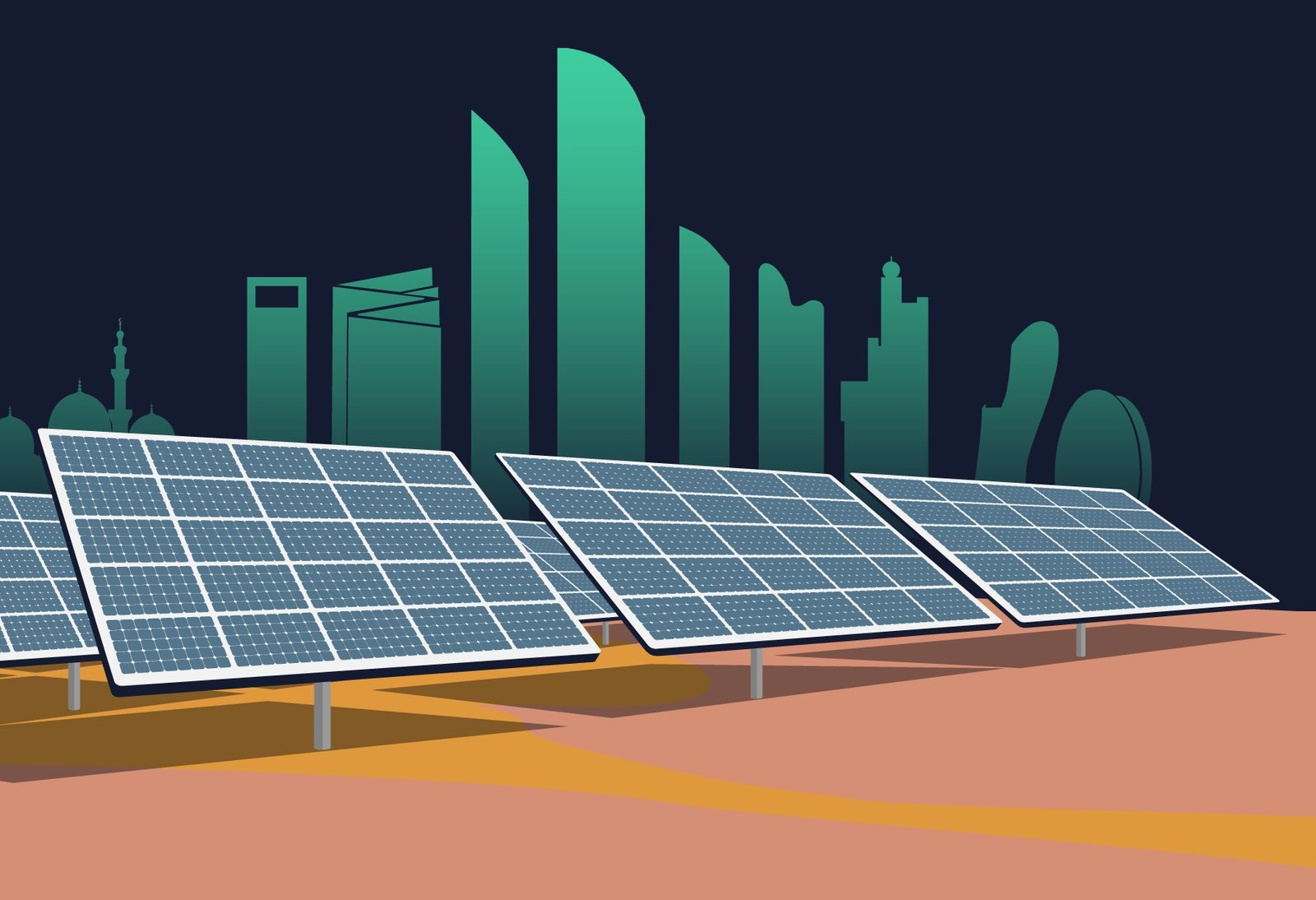The Emirates Nuclear Energy Corporation (ENEC) is stepping up efforts to combat the growing threat of cyber-attacks in the energy sector, as artificial intelligence (AI) drives a wave of digital transformation.
ENEC, in partnership with the U.S. Department of Energy and the International Atomic Energy Agency (IAEA), hosted the second Cyber Energy Leadership Forum (CELF) in Abu Dhabi on October 22-23. The event brought together global experts to address the pressing cyber security challenges posed by the integration of AI in energy infrastructure.
Held against the backdrop of increasing cyber threats to critical energy infrastructure worldwide, the two-day forum highlighted the urgent need for stronger cyber defense strategies to ensure the continued safe and reliable operation of energy assets, particularly nuclear facilities.
As AI becomes more embedded in energy systems, it enhances operational efficiency but also introduces new vulnerabilities that can be exploited by cyber attackers.
The forum focused on how the energy sector, and particularly nuclear energy, can navigate these risks while continuing to embrace AI-driven innovations.
Mohamed Al Hammadi, Managing Director and CEO of ENEC, highlighted the growing importance of cybersecurity in protecting critical infrastructure like the Barakah Nuclear Energy Plant, which supplies 25% of the UAE’s electricity.
Al Hammadi noted that the global nuclear industry, with over 430 operational reactors, must intensify its cyber defense strategies to stay ahead of emerging threats.
“With the rapid digitalisation of the energy sector, ensuring the safety and security of nuclear plants is more critical than ever. The integration of AI poses both opportunities and challenges, and we must strike a balance between leveraging technological advancements and maintaining robust cyber defenses,” said Al Hammadi.
The Barakah plant operates using fully digitalised nuclear technologies and is subject to rigorous oversight by the UAE’s Federal Authority for Nuclear Regulation (FANR). It complies with international cybersecurity standards set by the UAE’s National Electronic Security Authority (NESA) to ensure the plant remains secure from cyber threats.
The forum’s collaboration with the U.S. Department of Energyand the IAEA’s Division of Nuclear Security highlighted the global nature of the cybersecurity challenge. Experts from government, private sector, and international organisations convened to exchange insights on how best to safeguard energy infrastructure against sophisticated cyber-attacks.
Day 1 of the forum featured keynote addresses and panel discussions led by top cybersecurity and nuclear energy experts. The sessions explored the impact of AI on energy systems, including how its integration necessitates enhanced cybersecurity protocols. The discussions underscored the need for stronger collaboration between public and private entities to combat increasingly complex cyber threats.
Day 2 introduced a scenario-based exercise simulating a cyber-attack on a fictional energy facility. This hypothetical situation demonstrated the potential devastation that a coordinated cyber assault could inflict on energy systems. The exercise was a prelude to a full-scale international cyber training event, planned for the coming months, that will engage UAE, U.S., and global stakeholders in a hands-on cybersecurity exercise.
Dr. Mohamed Hamad Al-Kuwaiti, Chairman of the UAE Cyber Security Council (CSC), thanked ENEC for organizing the forum at a time when cyber threats to energy infrastructure are on the rise. He reiterated the CSC’s commitment to developing a comprehensive cybersecurity framework to protect the UAE’s critical energy assets.
“Cybersecurity is a cornerstone for achieving sustainable development and ensuring economic prosperity in the UAE,” said Dr. Al-Kuwaiti. “We are working to build a resilient and integrated cyber defense system through collaboration between government, private stakeholders, and civil society. Our efforts to raise awareness about the importance of cybersecurity will help protect the UAE’s achievements in the energy sector.”
Dr. Al-Kuwaiti added that the CSC is actively investing in cybersecurity training and technology to stay ahead of rapid advancements in AI and digital systems, helping to fortify the energy sector’s defenses against future threats.
The second Cyber Energy Leadership Forum came as the UAE continues to position itself as a global leader in cybersecurity for the nuclear energy sector. ENEC’s proactive approach to addressing cyber challenges has garnered international recognition, with entities like the IAEA and the World Association of Nuclear Operators (WANO) acknowledging the corporation’s commitment to the highest standards of safety, quality, and transparency.





